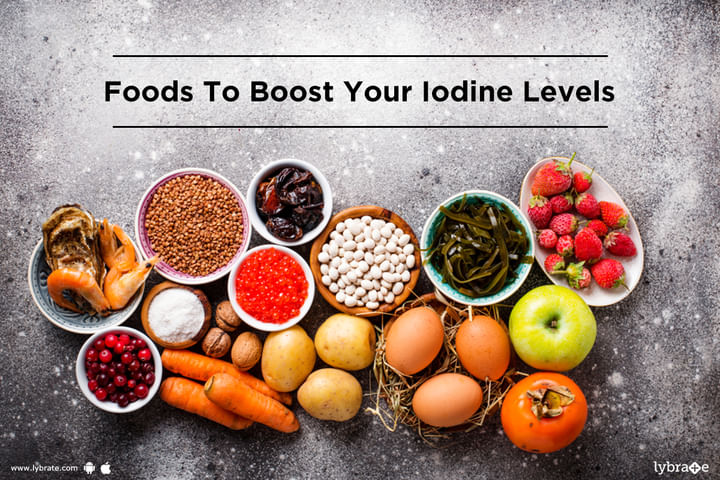Foods To Boost Your Iodine Levels
Iodine deficiency is a dangerous condition that affects almost one-third of the world’s population in 54 countries. It can have devastating effects such as failed pregnancies, mental retardation, impeded growth, and impairment of vision and hearing, to name a few. The World Iodine Deficiency Disorder Day is observed every year on the 21st of October to increase awareness about the devastating health implications of iodine deficiency. To ensure you do not suffer from iodine deficiency, make sure to include these foods in your regular diet.
Dairy products
Dairy products are among the major sources of iodine. A cup of milk has around 59 to 112% of the recommended daily iodine need. Curd and cottage cheese are also great for including iodine in your diet. A cup of plain yoghurt equals almost half of the daily iodine requirement. Cottage cheese also provides about 65 mcg of iodine, which is more than half of the prescribed daily requirement.
Iodised salt
Using iodized salt to cook food has helped in the large decrease of reported goitres in the world. A quarter teaspoon of iodized salt gives around 71 mcg of iodine besides being a rich source of sodium. Therefore, consuming a lot of processed foods that do not use iodized salt is not recommended for individuals with iodine deficiency.
Shrimp
Most kinds of seafood, especially shrimps absorb iodine found in abundance in seawater. This makes shrimp is a rich source of iodine as well as protein, besides being low-calorie. It also contains vitamin B12 and phosphorus.
Eggs
A serving of egg nourishes the body with protein, essential fats, vitamins, and minerals. The yolk of the egg is an amazing source of iodine. Many people avoid eating the yolk to prevent gaining weight, but an entire egg has less than 100 calories, but provide an assortment of micronutrient mostly through the yolk.
Seaweeds
Seaweed like kombu kelp, wakame, and nori provide a good source of iodine, antioxidants, and vitamins and minerals.
Cod
Cod is a nutrient-rich fish that is full of flavour and a reserve of a large number of nutrients, including iodine. 85 gm of cod can give you up to 99 mcg of iodine which is more than 60 per cent of your daily recommended amount.
Iodine is not synthesized by the body and needs to be supplemented through diet. The good news about the conditions resulting from iodine deficiency is that they are reversible with early intervention. For an adult, the required intake of iodine is 150 micrograms daily. Special conditions such as pregnancy and lactation require a higher intake of iodine at 220 micrograms daily. Make sure you get these daily doses of iodine from various sources to reverse the iodine deficiency in your body.



+1.svg)
